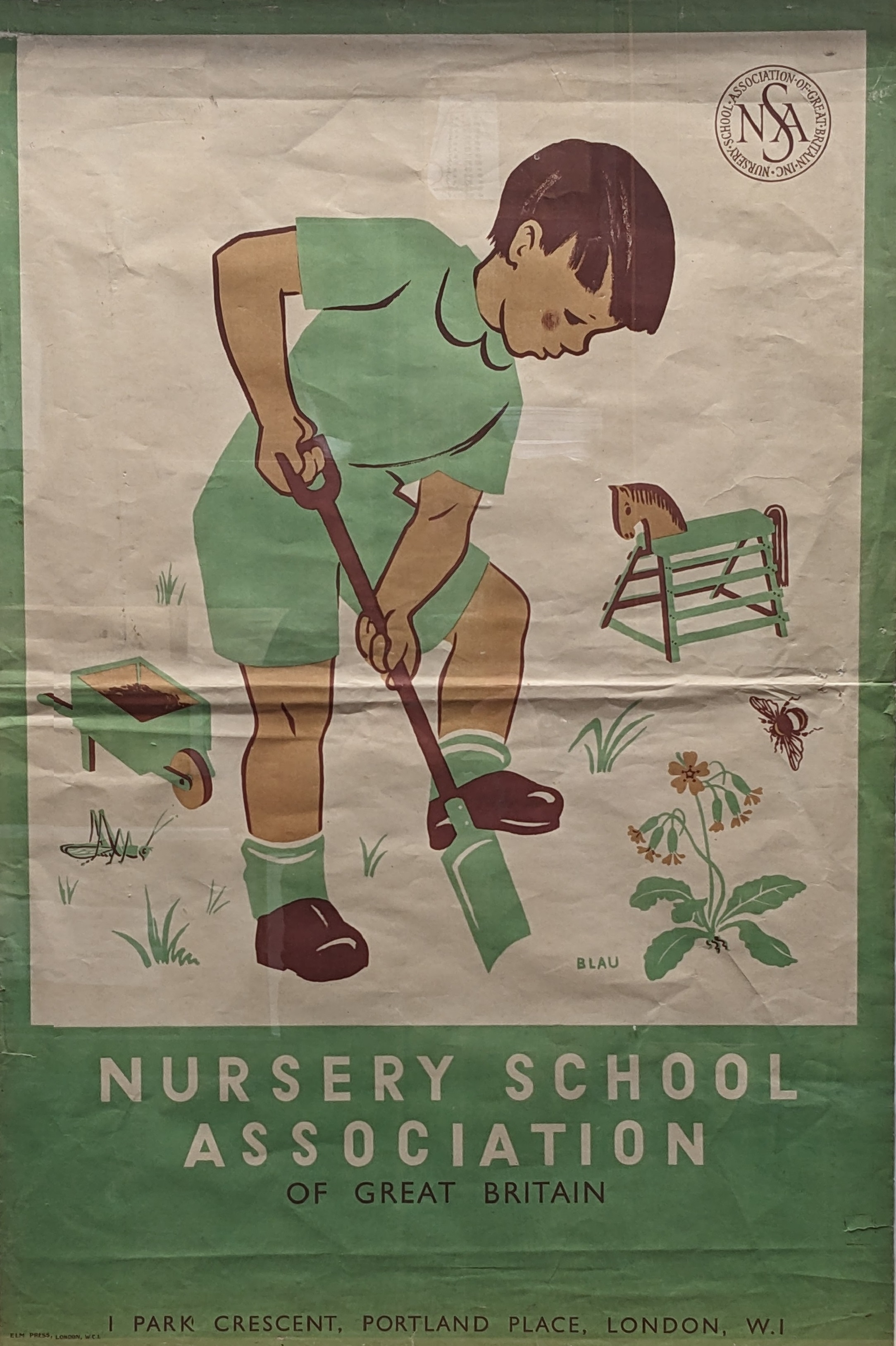
Our free Centenary Festival (16-18 May 2023) marks 100 years since a group of nursery pioneers met for 'mutual support' at a conference in 1923. This was the beginning of the Nursery School Association (NSA), which later became Early Education. A century on, we continue to connect practitioners across the UK to learn from one another, develop their professional knowledge and campaign.
Our Centenary, prompts reflection on the achievements of the last 100 years. Though the context has changed immeasurably, some fundamental issues remain unsolved.

The 1918 Education Act gave local authorities a mandate to establish nursery schools, but by 1923 numbers of nurseries had not increased much. Progress in establishing more nurseries was slow, due to lack of funding and priority being given to statutory school-age provision. An NSA resolution of 1927 expressed concern that nursery schools were 'merely an extra', not a requirement.
Register now to continue reading
Thank you for visiting Nursery World and making use of our archive of more than 35,000 expert features, subject guides, case studies and policy updates. Why not register today and enjoy the following great benefits:
What's included
-
Free access to 4 subscriber-only articles per month
-
Unlimited access to news and opinion
-
Email newsletter providing activity ideas, best practice and breaking news
Already have an account? Sign in here
